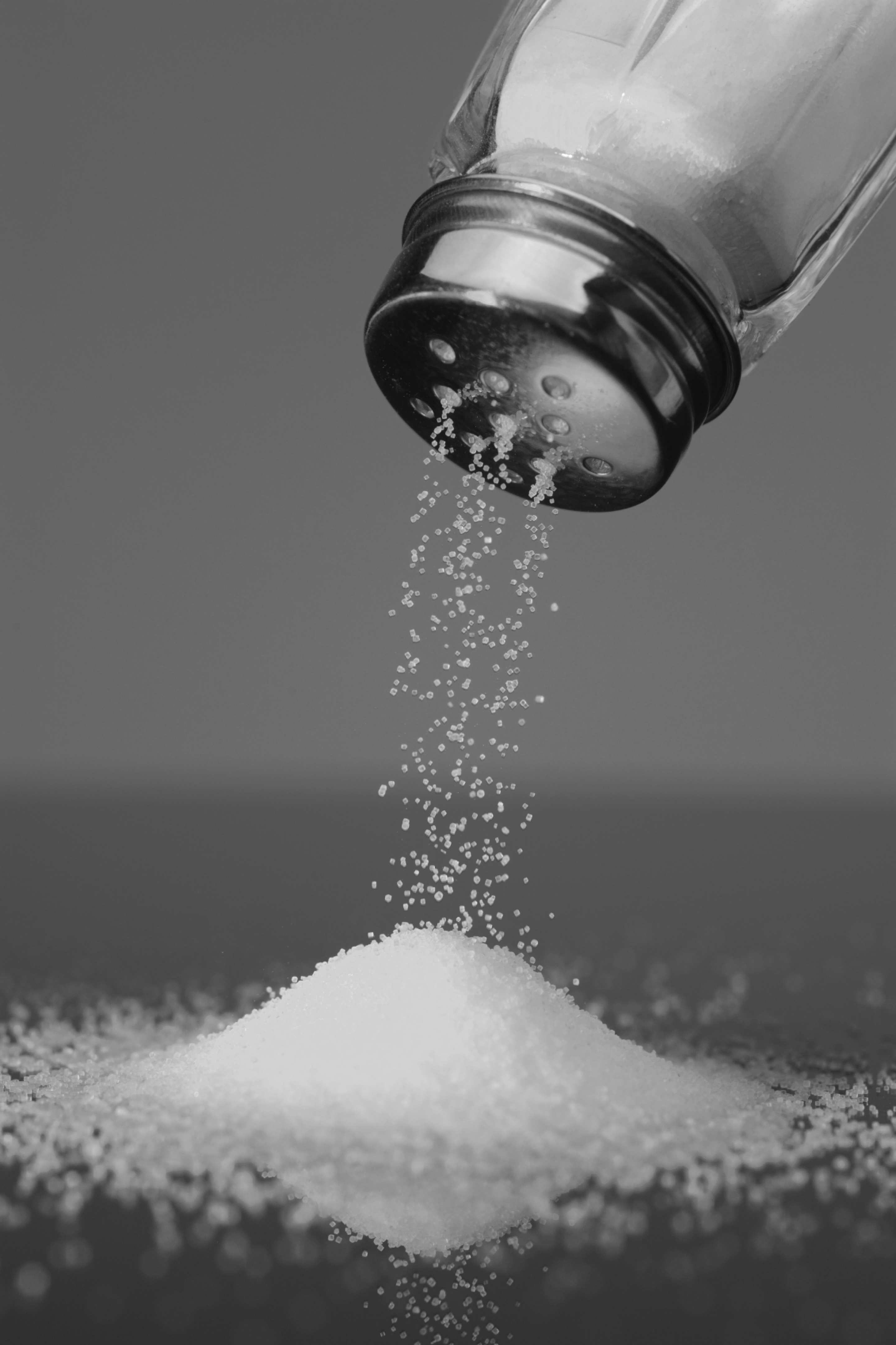How to help Australians pass on the salt
Writing in the journal Nutrients, Dr Belinda Reeve and Professor Roger Magnusson warn that current efforts to reduce our salt intake are weak and too reliant on voluntary participation by the food industry.

The researchers are calling for the federal government to hold companies to account for not meeting goals set out in the Food and Health Dialogue – the existing salt reduction initiative between government, the food industry and public health organisations.
Shaking up salt's health impact
"The federal government could reinvigorate the Food and Health Dialogue by setting a national target for reducing population salt intake, recruiting a greater number of participants (including fast-food companies), strengthening governance structures, and creating incentives for compliance,” said the paper’s co-author, Dr Belinda Reeve of Sydney Law School.
“An effective salt reduction program requires that poorly performing companies are held accountable for their performance, including through the application of penalties.”
Too much salt
High salt consumption has a number of negative health effects:
- Salt intake has a progressive relationship with high blood pressure.
- High blood pressure increases the risk of cardiovascular disease and it affects one in three Australians.
- Cardiovascular disease is Australia’s leading cause of mortality.
While the dialogue has made some progress in reducing the salt content of foods such as bread and cheese, it has not produced consistent improvements in the nutritional quality of all targeted products. There is substantial variation in the extent to which participating food companies meet the dialogue’s targets, and none of the targets have been achieved completely, according to the paper.
Tackling cardiovascular disease
Co-author Professor Roger Magnusson said progress towards reducing salt intake could still be made through a partnership approach. Such partnership needs to be driven by clear targets, transparency, independent evaluation of progress, and closer oversight from government and community representatives.
“Results matter, and the fact is that the current industry-driven approach has failed to produce results of the scale that are needed to make a difference to diet-related disease in Australia,” said Professor Magnusson.
Apart from being Australia’s most expensive disease, cardiovascular disease is responsible for 34 percent of all deaths in Australia.
Related articles
Surge in flu this winter
People suffering severe flu this winter should seek medical treatment as soon as possible.

Dementia tsunami: Alzheimer's and other dementias to triple by 2050
Governments need to take action on delaying the onset of Alzheimer's disease and other dementias, argues Associate Professor Lesley Russell.
Ready, set, Rio: Sydney cohort heads to the Games
As more than 3.5 billion people around the world turn their sights towards Rio this week, 30 athletes from our community are getting ready to take their place on the globe’s biggest sporting stage.
Australian study wants your view on personal genomic testing
Do you want to know about your genetic information? Would you share it?
Maternity care for Aboriginal women
A new maternity services plan for Aboriginal and Torres Strait Islander women in rural and remote communities is urgently required, a report has found.
World-beaters join Brain and Mind Centre to defeat dementia
Three world-leading neuroscience scholars are joining the University of Sydney’s Brain and Mind Centre to progress research-led treatments for dementia and other neuro-degenerative diseases affecting human memory and thinking.
Study explains elastin's remarkable movements
New research likens the flexibility of elastin in a blood vessel to the dynamics of a ballet.